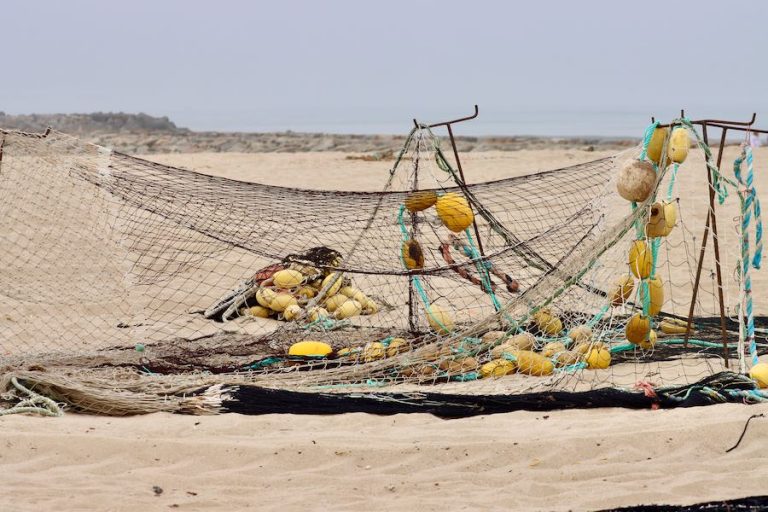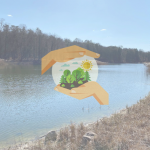The concept of sustainability has three key principles, which are known as the Three Pillars of Sustainability.
The Environmental Pillar – The environmental pillar focuses on reducing negative impacts on the environment and wildlife from travelling. This includes minimising our carbon footprint, especially from air travel, water usage, packaging and plastic waste, and not disturbing wildlife. As sustainable travellers, we can have a simple positive effect by carrying our own reusables. We can look for hotels and restaurants which recycle and are built from sustainable materials. We can research wildlife tourism to seek out responsible tour operators.
The Social Pillar – The social pillar is about our impact on local people and communities. This includes supporting businesses that are run by, employ and support local people, as well as community tourism projects, NGOs, social enterprises and charities. Responsible travellers can look for opportunities to be involved in these types of projects and be aware of who businesses employ, whether they’re fairly paid and whether their work environment is safe.
The Economic Pillar – Traditionally, the economic pillar refers to businesses being profitable in order to be sustainable. However, when it comes to sustainable travel, we can apply the economic pillar to using our money to positively contribute to the local economy. As tourists, we can give our tourist pound to locally-run hotels, restaurants and tour guides to support the local economy.












